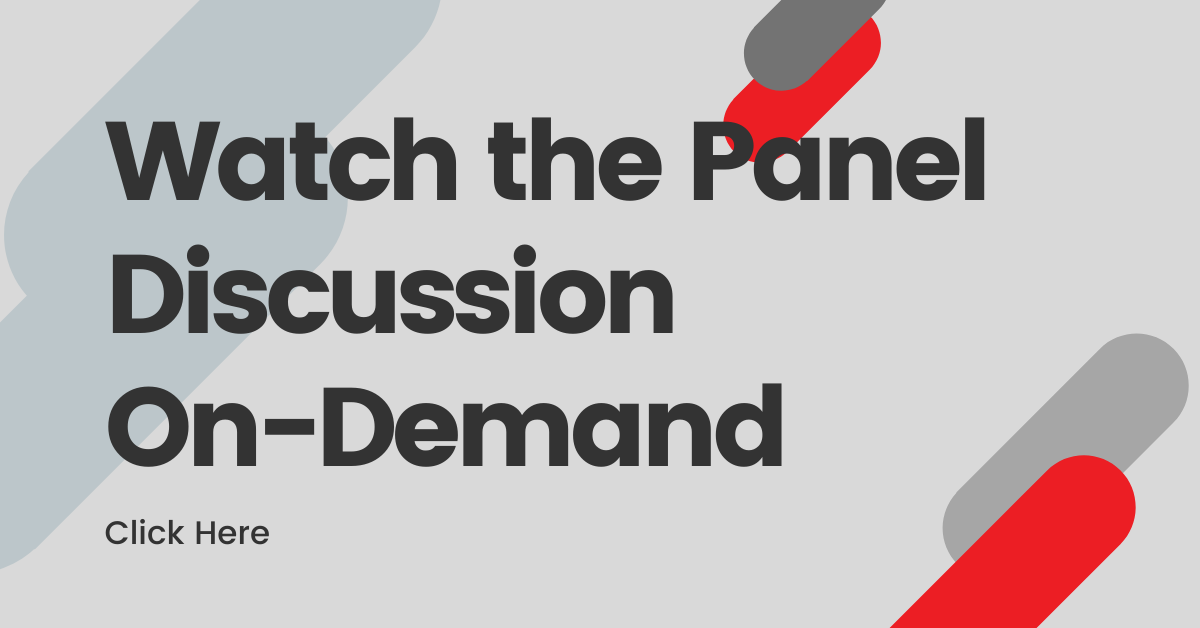On August 20th, Mike Blinder (Owner & Publisher, Editor and Publisher Magazine) was joined in conversation by Leigh Adams (Director of Moderation Services, Viafoura) and Dustin Block (Audience Development Lead, Graham Media) to discuss the importance of moderation in an increasingly online world.
A Changing Landscape
Our three experts shared dialogue and exchanged stories over how the move into a more digital world, where millions of people are working from home and looking online for news has elevated the importance of community engagement and moderation.
“[We’ve] moved into a digital world, Covid brought millions of people home either through unemployment or job loss or through remote work…people are online more than ever before..forcing these important conversations to happen in this digital space” – Leigh Adams, Director Moderation Services, Viafoura.
With hot button issues such as coronavirus, social injustices, and political tension all taking over the zeitgeist, it sets the perfect storm for trolls to spread misinformation and cause unrest.
“It makes a perfect storm for trolls because this is exactly the kind of inflammatory conversations they want to be involved in. They want to prey on the misinformed, they want to prey on people’s insecurities – make them more afraid. And media brands simply can’t afford to walk away from the comments anymore.” – Leigh Adams
Dealing with these digital trolls has become an essential part of any online publication. Media brands can no longer afford to ignore these issues as it isn’t uncommon for advertisers to walk away due to not wanting to be associated with the content found within a comments section. It’s also been shown that having a more welcoming, engaging comment space is more likely to grow your loyal audience. These loyal users are looking for a place to engage with others and are far more likely to return, watch videos, or click on advertisements.
“From an audience development perspective… that loyal audience, these registered users, they vastly outperform our anonymous audience. I spend a lot of time creating features for this registered audience. They watch video more often, they click ads more often, the come back to site the more often…and one of the main features that this group does is comment” – Dustin Block, Audience Development Lead, Graham Media
Making Your Digital Properties Brand Safe
The panel agreed that artificial intelligence moderation can cut a lot of spam and obviously toxic comments down, however, should be supplemented with some human intervention. People are clever and can find ways around scripted filters.
“It’ a marvel at how clever people can be about getting some sort of offensive or off-topic remark to be included” – Dustin Block, Graham Media
Instead, the best practice is to leverage some sort of automation, to cut down the volume of comments, in conjunction with a moderation team who are following externalized guidelines that remove the risk of bias while creating a safe space where anyone would feel comfortable engaging with others.
“If you’ve externalized your brand guidelines, you’ve said this is what we want our comments to be, these are the type of comments that we do want, these are the type of comments we do not want. And you’ve codified them and shared them in a way that’s outside the journalist’s hands, I think that’s going to make for much more effective moderation.” – Leigh Adams, Viafoura
Media companies also shouldn’t fear disciplining their users. For a long time, there’s been a fear that removing comments or banning users would hurt your audience members. The truth however is that someone who leaves hundreds of disruptive, antagonistic comments isn’t going to be a valuable member of your community and is more likely to turn others away from engaging themselves. There’s no freedom of speech within the private sphere, and that includes web forums. Those who aren’t following your brand’s community guidelines should be swiftly dealt with.
That being said, it is important to not penalize the misinformed. Let natural conversations happen, a healthy discussion or debate in the comments section can help expose people to new information. The healthiest online communities are the ones where loyal users respond to the potential trolls and challenge their claims with facts and an open dialogue.
“I work with our Trust Index which is a team that works on misinformation. Responding with links to articles to galvanize the community to counter bad information. – Dustin, Graham Media
One of the challenges of human moderation that the panel discussed was constantly learning new language. It’s important to know what people are talking about, the common terms being used, and what each acronym means.
“We’re applying [these learnings] across all of our clients and we’re making sure that’s [being shared out] not just the brand we’re noticing it on but all of our teams” -Leigh
Moderators should be trained not only on language but also on elevating the positive rather than just removing the negative. Viafoura’s “Editor’s Picks” tool of highlighting particularly excellent comments was mentioned as an example of how to reward positive contributions from your community. It’s also important that moderators and journalists who are responding to comments know the boundaries of their community guidelines and can keep an informative tone and avoid sarcasm or dismissive language while responding.
Making Journalism Better With User Generated Content
Part of the public service job of journalism is to educate people, and community moderation fits into that bubble as well. While it can at times feel exhausting reading hate speech in the comments section, it was pointed out that most moderators realise they’re making the digital world better for others with this work. If a moderator has to read a hateful comment so that hundreds of others don’t, it helps protect marginalized people from being hurt further and find comfort in a safer online space.
Lastly, the panel was eager to point out how good moderation can grow your community and ultimately help journalists find better stories. One excellent example was given of a commenter who pointed out that the cars involved in a road accident were actually $250,000 luxury vehicles which put a whole new spin on the story.
“I love comments for many reasons one: it’s just a place to talk to your audience. And they’ll share so much through those comments…you can make your reporting better, and you can better inform your audience just by engaging.” Dustin Block, Graham Media
In general, there’s a higher quality of discussion to be found on your own website over social platforms like Facebook and Instagram. Companies should look to stop relying on these larger platforms for engagement and instead look to bring users into their own community and give them a positive experience where they’re more likely to subscribe, click ads, and interact with others.
Engagement is the future of journalism. Gone are the days of reporters simply talking at their audience, and now an open dialogue between the organization and its community is the expected norm. In this unprecedented shift into an increasingly online landscape, quality moderation is essential for those looking to grow their communities and become a landing spot for those looking to discuss, analyze, and share online.


